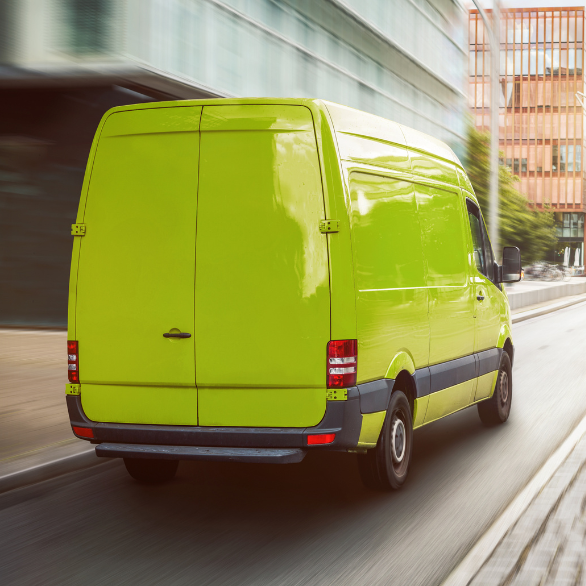5 January 2023
At Mediq, Corporate Social Responsibility is embedded in everything we do. Doing our business responsibly impacts our stakeholders, patients, healthcare providers, insurers, vendors, and our people. Sustainable supply chain and improving our environmental performance are two out of three operational pillars of Mediq’s CSR strategy.

